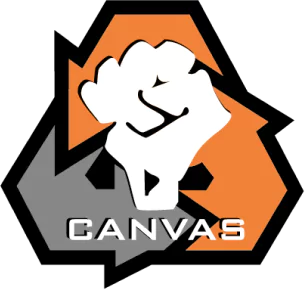Feb 23, 2019-2019
Colombia, Venezuela
Humanitarian Aid Crisis Venezuela
Share
ACTIVISTS/ACT.GROUPS/DESCRIPTION OF THE GROUP
Venezuelan Opposition (Juan Guaidó)
TARGET
Maduro's Government
WIDELY HELD BELIEF
People in need should not be denied help.
CASE NARRATIVE
Issue and Opponent: In 2019, Venezuela continued to face a humanitarian crisis. The UN estimated that nearly three million people had fled the country since 2015 to escape the chronic food and medical shortages, as well as the country’s crumbling healthcare and transport systems. President Nicolás Maduro had repeatedly denied that Venezuela was facing a humanitarian crisis.
Dilemma Action: In efforts to aid communities in Venezuela, the opposition, Juan Guaidó, backed by the U.S. and other countries, attempted to deliver humanitarian aid to those in need. However, President Maduro denounced the aid effort and claimed that it was part of a foreign conspiracy destined to destabilize his government. Thus, Venezuelan authorities blockaded the Colombian-Venezuelan border to ensure that the aid did not make it to its destination. Maduro’s fear was that acceptance of the aid could be used to justify foreign military intervention. Juan Guaidó urged the Venezuelan troops to stand down and not stand in the way of humanitarian aid that was intended to aid the communities. Maduro’s government was thus presented with a dilemma, either he let in the aid and bolstered Guaidó’s claim to the presidency, or force the military to block its entry and risk public backlash.
Outcomes: The humanitarian aid was essentially a showdown between President Maduro and US-backed opposition leader Juan Guaidó. Eventually, the aid convoys arrived at the Colombian-Venezuelan border and Maduro unblock the border crossing. Of the 368 tonnes of supplies sent to the Colombia-Venezuela border region, only 8 were delivered to Venezuela. The dilemma action failed. Maduro would go on to declare that he was severing ties with Colombia, at least three aid trucks near the Colombia border were burned, at least 4 died, and a ship carrying 250 tons of humanitarian aid from Puerto Rico was forced back by the Venezuelan Navy. Opposition activists admitted that the aid shipments were part of an effort to peel away members of the military. In 2021, it was unveiled that the US-backed effort to send aid to Venezuela had not been planned in alignment with humanitarian principles. The remaining aid was distributed in Colombia or shipped to Somalia.
PRIMARY STRUGGLE/GOAL
NONVIOLENT TACTICS USED
DA TACTICS USED
Refusal to accept appointed officials
CASE NARRATIVE WRITER
SUCCESS METRICS
5 / 12
(MC) Media Coverage
(MSYMP) Media coverage was sympathetic to the activists
(OR) Opponent response
(PS) Dilemma action built sympathy with the public
(SA) Dilemma action appealed to a broad segment of the public
PART OF A LARGER CAMPAIGN
3 / 3
Activist group continued working together after the action
Encouraged more participants to join the movement
Internally replicated by the same movement
RESOURCES
Project documentation
Dilemma Actions Coding Guidebook
Case study documentation
Dilemma_Actions_Analysis_Dataset
SOURCES
Lyons, Kate. 2019. “Guaidó: military should disown leader who burns food in front of the hungry – as it happened,” The Guardian. Retrieved July 23, 2023. (https://www.theguardian.com/world/live/2019/feb/23/venezuela-brazil-border-aid-live-news-latest-updates).
Mora, Stefany. 2019. “Guaidó: El 23 de febrero ingresará la ayuda humanitaria a Venezuela,” Retrieved July 23, 2023. (https://www.eluniversal.com/politica/32926/guaido-este-23-de-febrero-ingresara-la-ayuda-humanitaria-a-venezuela).
Kurmanaev, Anatoly. 2019. “Venezuela’s Collapse Is the Worst Outside of War in Decades, Economists Say”. The New York Times. Retrieved July 23, 2023.
Related cases
Mar 1, 1956-1960
Bolivia
The opponent was President Hernan Siles Zuazo and the right-wing leaders of the Nationalist Revolutionary Movement Party (MNR). The core topic was economic insolubilit...
/
Oct 8, 2007-2007
United Kingdom
In December of 2006, Eon, an energy company, applied to the Medway council in Kent, England, to build coal-fired generating units, the first in England since 1974. The...
/
Jun 1, 1986-1991
Estonia
Estonia has been occupied by several powers– the Soviets in 1939, the Nazis, and then again by the Soviets. During the time of WWII, Estonians became concerned t...
/
Subscribe to our newsletters to get full access to all materials on our website.

